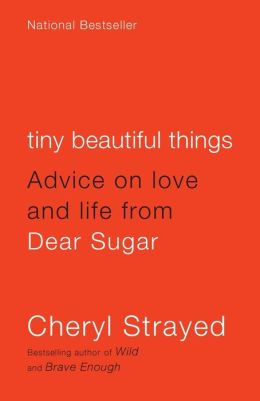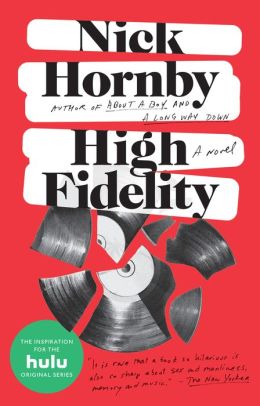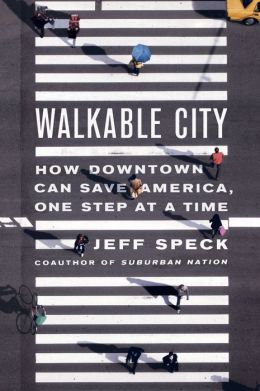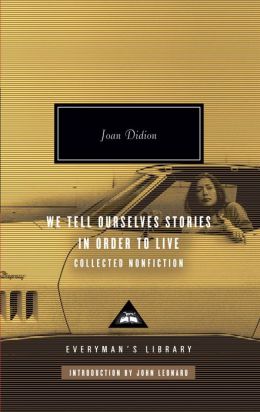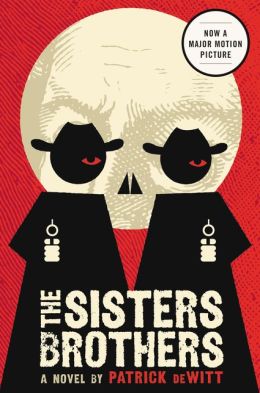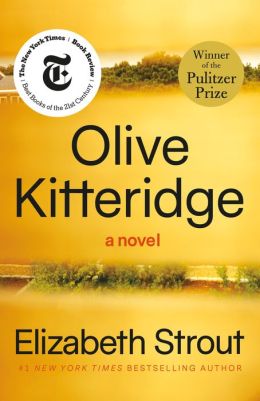I learned the phrase “Community mapping” at age sixteen while volunteering in a small community in rural Paraguay. At the time, the notion of mapping the resources in a community seemed clear. Quickly drawn on a piece of paper---the community school, church, homes, the dirt roads connecting the dots, and the fields that spread in the spaces between houses. The stick-figure buildings my host family drew to mark the previously listed sites represented the physical locations of where community manifests. They leapt off the page as a visible sign of the strength and resources held within this community. At sixteen, I transferred this model to my life in Colorado---my school, my home, my family’s cabin, and the places where I spent time with my friends. My map made sense, I didn’t question my places of support and where my community came together. The intervening twelve years of moving and creating new communities---including online---threw a wrench in my map. It no longer fits on one page or within a single community. I access much of the pieces of different communities in online spaces, including gchats from friends who still inhabit past homes on other continents, Facebook messages from childhood friends, and following twitter feeds of friends-I-haven’t-actually-met, who share a common journey.
Grief and loss often throw the individual into an unknown emotional space, where the “community map” becomes increasingly important. It creates a sense of one’s resources and places of support; showing the individual the strength of their community(ies). For many, the communities of support blend between in-person, phone, and online communication.
Admittedly, the online space trends towards the more positive aspects of life, as Jenna Wortham notes in her article, Talking about Death Online, “This is more than trying to decide how carefully polished you want your online image to be. . . . It’s about the way social software is slyly engineered to get us to participate---we are encouraged to brag about our lives, and present ourselves as living our best lives each day and year.” Between updates about babies, engagements, jobs, and school---loss becomes just another post that slides by not really resonating.
Engaging with more difficult, heart-wrenching topics, such as grief and loss via social media opens the individual up to vulnerability. For many, loss creates moments of intense need to reach out to one’s community. The online platform is not necessarily designed for in depth sharing or support, as posts and tweets have character limits. The feeds stream by, not allowing the adequate time or ability to respond to a friend’s post. As Jena Wortham writes, “However, when it comes to talking about death and grief in a non-abstract way---that is, when dealing with the loss of a family member, a partner or close friend---it gets much, much trickier. It doesn’t have an appropriate reaction face, a photo that you can reblog, a hashtag.” I often wonder as I see friends hesitantly posting memories of their lost parent how our ability to comfort each other spills into this medium? How much of our ability to empathize in person actively translates with each “like” we give to their posts?
As a firm believer in allowing each individual to chart their own path for grieving and healing, online spaces may become mechanisms for both. In my own process, I try to push the boundaries of what feels comfortable to share on Facebook, twitter, etc. I don’t shy away from posting pictures of my father, marking what would-have-been his sixtieth birthday, the sixth year since his death, or my travels to places he would have loved. However, the accompanying text is often positive, such as “missing your adventures” rather than engaging with the harder, empty feelings of loss. While I can’t express my “full self” in this online space, I trend towards sharing what I can with this online world. As my community is spread throughout many places, online becomes the place that I receive (and provide) support from so many communities at once. Online, I am reminded of the people beyond the Facebook photos who love and care about me---through likes, comments, and quick emails after they see the post.
Beyond our individual experiences with grief and healing---Facebook has become a community in itself, creating a way to memorialize those who have died. Two of my “current” Facebook friends are people who have passed away. Their profiles remain places where friends and family leave notes---sharing life updates, memories, or simply typing “I miss you.” In a world where visiting gravesites may not be practical, the online memorial space may bring us closer together. In her blog post, Online Mourning and The Unexpected Refuge of Facebook, Cheri Lucas (another Equals Record writer) discusses her experience with a friend’s death;
“A few hours after receiving the news, I wrote something and shared it as a Facebook note. I posted scanned photos from college—precious moments of youth, debauchery, and experiences I had never shared publicly—from nearly 15 years ago: onto his profile, our friends’ profiles, and my timeline. I sat in front of my computer, clicking on photos people tagged of him: images that conjured memories, that stunned and confused me, that made me feel grateful for knowing him, that devastated me because I realized I didn’t know the man he had become.
Alone, I sobbed. Yet I sobbed with Facebook open—his life revealed and exposed in bits on my screen, his friends spilling tears on his profile. I sobbed at home, by myself, but also with everyone else. I had never given in to the community of Facebook until that moment. For the first time, its communal space had comforted me.”
The possibilities of online spaces to bring us together are endless, we can share memories of those who have died, sharing our own healing processes, and of course, share our joys. Yet, as Wortham also notes, we don’t yet know the outcomes of creating online communities that don’t support the whole breadth of human emotions. However, we should trend towards sharing our authentic selves, our whole journeys---and in return, we should support others who do just that---comment on posts people share about those they have lost, about their difficult moments---engaging with the full spectrum of emotions, will only make the blissful moments stronger.
Much of my community is online, thus my grieving and healing cannot be completely separate. However, as with all pieces of grieving, this is personal---and we will each have to carve out how we interact with our online spaces. Yet, striving to make these spaces open to deeper human interaction, will only bring us closer to each other, and as a community---closer to healing.









 At night, the cathedral's tower jetted out in the black sky, and the rest of the sassi glimmered in shades of yellow and orange. Have you heard of the movie "The Passion", by Mel Gibson? It was shot here.
At night, the cathedral's tower jetted out in the black sky, and the rest of the sassi glimmered in shades of yellow and orange. Have you heard of the movie "The Passion", by Mel Gibson? It was shot here.











